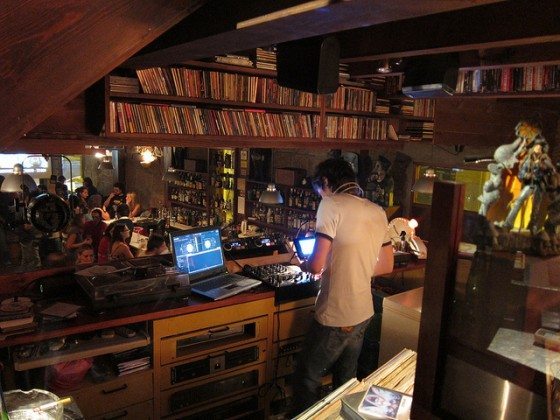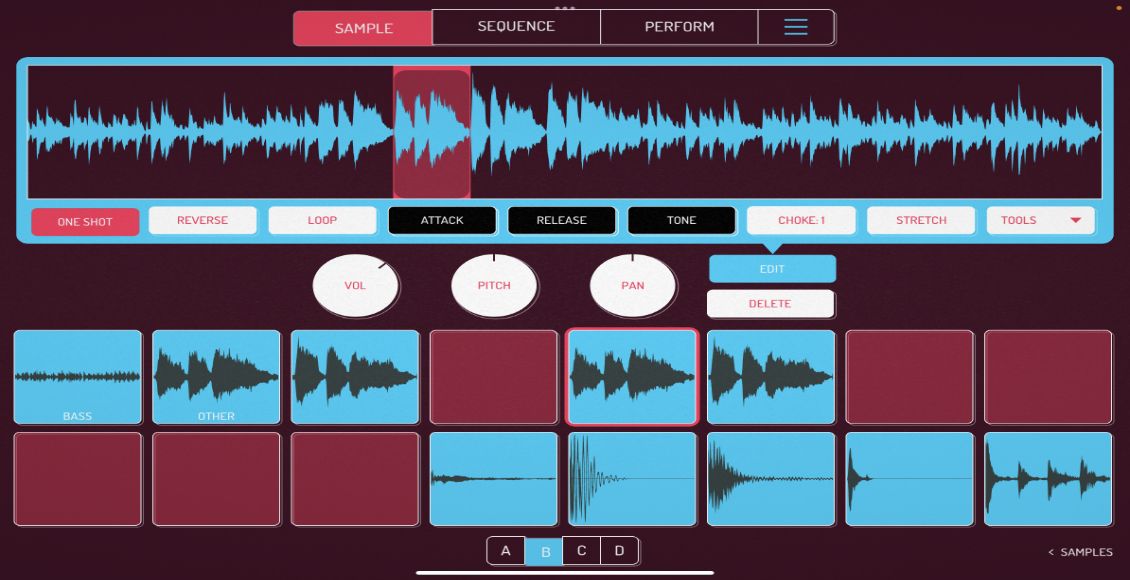In my last article, Building Your Club Night and DJ Career with Guest DJs, I showed you how to fast-track your DJing through booking guest DJs for your club night. Your feedback showed that many of you would love to start your own nights, but need a bit more help getting going. So for the next series of articles, we are going to try and give you that help by starting at the basics. These articles will use lots of examples and lessons from my own experiences, and those of other promoter/DJs who have thrown very successful parties. In this first part, I’ll help you to answer five important questions that DJs planning their own club nights regularly ask (or should ask, at least), before they begin.
 1. IS PROMOTING GOING TO BANKRUPT ME?
1. IS PROMOTING GOING TO BANKRUPT ME?
Money is the number one concern, but club nights are affordable ventures if you plan them – and that means doing the numbers. I don’t mean that you need technical accountancy skills – no way. I’m talking the down and dirty, simple numbers of promoting.
You may say: “How do I do that? I don’t know how many people will come, or how much the DJs will cost to book. Plus, I don’t even have a venue yet, so how can I know those costs and opportunities?”
You do it by doing online research, talking to other promoters, making a best guess, then revising as you find out more (or as it actually happens). The point is to have some kind of plan to keep working on as you go forward. It’s for you, nobody else, so it doesn’t matter what it looks like.
You just need to think out your main figures for the first year – nothing heavy – and you need to do it in two ways. So here’s what to do:

- Get two sheets of paper, a pencil and an eraser.
- On the first sheet, make predictions for what will be coming in and going out every single week, with a running total – DJ deposits and payments, door takings, sponsorships, what you need to live on, promotion costs etc.
- On the second sheet, make your overall yearly prediction using the same numbers – just your income, costs and expenses, all added up in the same categories
The first sheet (your “cashflow”) helps you to work out when you’ll need cash (eg for paying DJ deposits before the DJ has actually played). The second (your “profit and loss”) helps you plan your business overall and get a better idea of what work you need to put in to make sure your promotions are a success. Congratulations! That’s the accounts done, for now…
2. HOW AM I GOING TO FIND THE TIME?
Even more important than money is time – your time.
The truth is, you need to be living and breathing this. Got a non-related job? Go part time. Better still, leave. I believe that to have a good chance of success, you need to be putting nearly all your effort into your DJing and promoting.
Here’s how it happened for me: I was a journalist by day, a clubber/part-time DJ at night. My boss said: “Phil, choose your night job or your day job!” (I was late once too often). I chose night.
From then on, I DJed five nights a week in tiny bars, often to nobody, for barely enough money to live on. I helped write and edit a local listings magazine for free (but I got an ad for my club night in there). I DJed for a live music promoter, who paid me in beer and free transport to and from the gigs (but I met lots of bands and agents). All the time, I spread the word about what I was doing.

I was so poor, I regularly just “turned up” at people’s houses at dinner time. I had no car. I ate the cheapest food I could buy from the supermarket; literally, I went in and bought the cheapest items.
This lasted three years before my business, and my DJing, started to take off. Do you know what? I loved every second of it. This is what I mean by freeing up time. I wouldn’t have been able to make a success of my DJing career without this dedication. It focuses you.
3. HOW MUCH CASH WILL I NEED TO BORROW?
Here’s a great rule of thumb from the book The Knack by Norm Brodsky. Norm is a business bootstrapping expert, and he advises that to work out how much money to beg, borrow or steal to start your company, you should do this:
Take the month with the biggest predicted shortfall from your cashflow (see Question 1), and double that shortfall. That figure is your “startup cash” – it’s a rough estimate of what you need to borrow to get going. In my experience about $2000 is typical, but you have to do the numbers for yourself.
Your job now is to find that amount from somewhere (friends and family, savings, selling your car…), open a bank account, and put it in there. From that second on, you don’t want to touch that money (your “capital”) at all if you can help it, even if it means borrowing more! Only use it if you’re pretty sure you can replace it, quickly, and with interest.
It is your safety net. It lets you sleep at night.
4. SHOULD I PROMOTE WITH OTHER PEOPLE OR GO ALONE?
My advice is to not go it alone, and I’d say have just one partner. It’s faster to agree on things that way. Promoting is really exciting – after all, it could be the making of you as a DJ. But unlike in a boring but safe job, it can be harsh. At times you’re going to need a siege mentality, or to call on strengths you don’t yet know you have, and being alone in these circumstances isn’t fun.

However, some people choose to have a group of DJs involved. DJ Max One (who contributes here and on the DJTT forum) used to run Stepback, a popular old skool night in Manchester where I am from, and there were loads of DJs in that venture! He swears by that method, and it could work for you.
Anything’s better than alone. Having other people to share the triumphs and troubles with will keep you in it for long enough to start seeing the benefits.
5. HOW SHOULD I DEAL WITH THE TAX MAN?
The tax man knows promoting is a slippery, cash-led sector of the economy, and he’s watching. So right from the start, make sure your numbers add up. Every event advert with your name on it needs an answer to the question: “Where is the money they paid you?” Every bank transaction needs an invoice. Every taxi fare needs a receipt.
In short, your numbers need to be squeaky clean. Just get into the habit from the off. Don’t bend the truth or try and hide earnings. If you have an accountant to help, tell them everything. Get your returns in on time, and pay on time. It will save you heartache later on – trust me on this one.
I know a DJ who was stopped at the airport on his way to DJ overseas because he’d not declared his income for five years – don’t let that be you.
NEXT TIME…
Now we’ve seriously thought through the business side of promoting, it’s time to have some fun, and look at music policy. That’s the subject of the next post in this series. See you then!
Co-founder and resident at Manchester (England) club night ‘Tangled’ through most of the 1990s and early 2000s, Phil Morse is also a music journalist and currently edits the Digital DJ Tips blog. He has DJed across Europe, and nowadays lives in southern Spain where he plays Balearic beach sundowners on the weekends.










